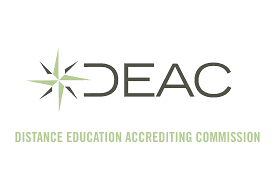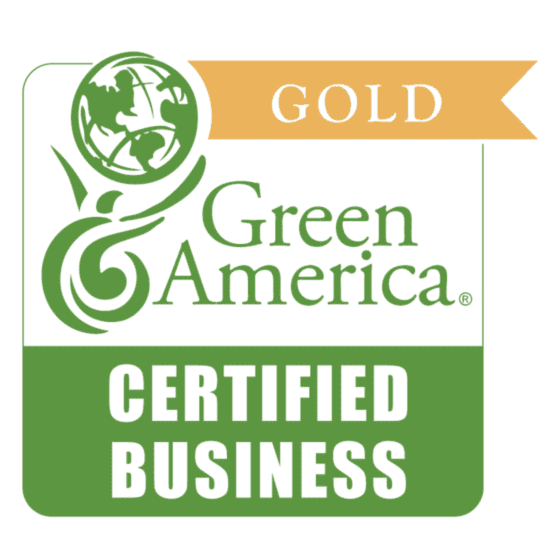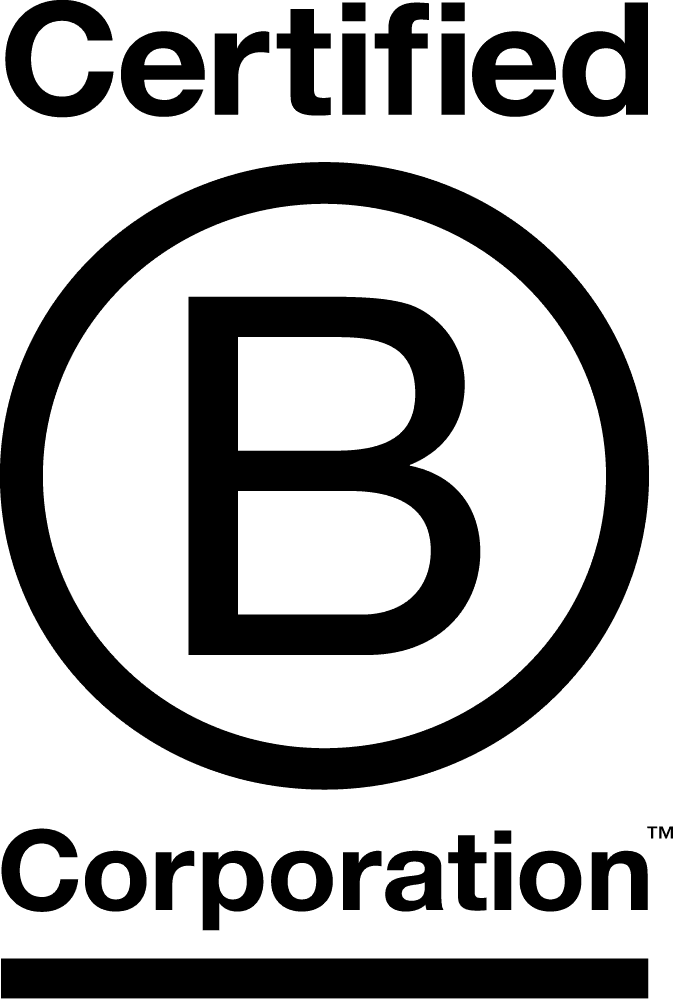Campus & Apothecary Shoppe
5005 S. Macadam Ave.
Portland, OR 97239
Campus & Shoppe Hours
Monday through Friday
8:30 a.m. to 4:30 p.m. PST
Phone
(800) 487-8839
503-244-0726
Business Hours
Monday through Friday
8:30 a.m. to 5:30 p.m. PST
Note: This course was formerly called NAT 504 Complementary & Alternative Medicine (CAM) Pathology & Protocols
This second course in integrative pathophysiology further investigates the genetic, environmental, lifestyle, and ethical and social factors that contribute to the development and progression of disease across important body systems. Using a multidisciplinary approach, students will analyze the cellular, tissue, organ, and systemic alterations associated with common disease pathologies. By practicing problem-solving through case-based assessments, this course equips students with advanced knowledge and skills in integrative pathophysiology. This prepares students to address complex disease processes in an evidence-based integrative manner to promote holistic health and wellness in clinical practice, research, and public health initiatives.
Evaluate the risk factors for common human diseases to determine if they are modifiable.
Assess the presentation of acute and chronic illnesses, including their effects on healthy human structures and functions.
Discuss types of clinical manifestations, prognosis, and wellness support for common conditions.
NAT 504 Experiential Practical Lab Kit:
This practical lab kit contains the following certified organic or sustainably wildcrafted herbs and/or oils:
Required Textbooks:
View the required textbooks for this class, including ISBN, edition, and retail price, by visiting our Required Textbooks page.
Total Course Price:
View the total course price, including tuition, fees, course materials, and shipping, online here.
None – Prior or concurrent anatomy & physiology training is recommended
View all ACHS instructors, including bios, photos, and courses taught.
Candidates must possess a baccalaureate degree or higher from an institution accredited by an agency recognized by the US Department of Education. Candidates must submit official transcripts directly from the issuing institution along with one professional letter of recommendation. All applicants must be recommended for admission by the ACHS Admissions Committee.
View the total course price including tuition, fees, course materials, and shipping.





5005 S. Macadam Ave.
Portland, OR 97239
Monday through Friday
8:30 a.m. to 4:30 p.m. PST
(800) 487-8839
503-244-0726
Monday through Friday
8:30 a.m. to 5:30 p.m. PST